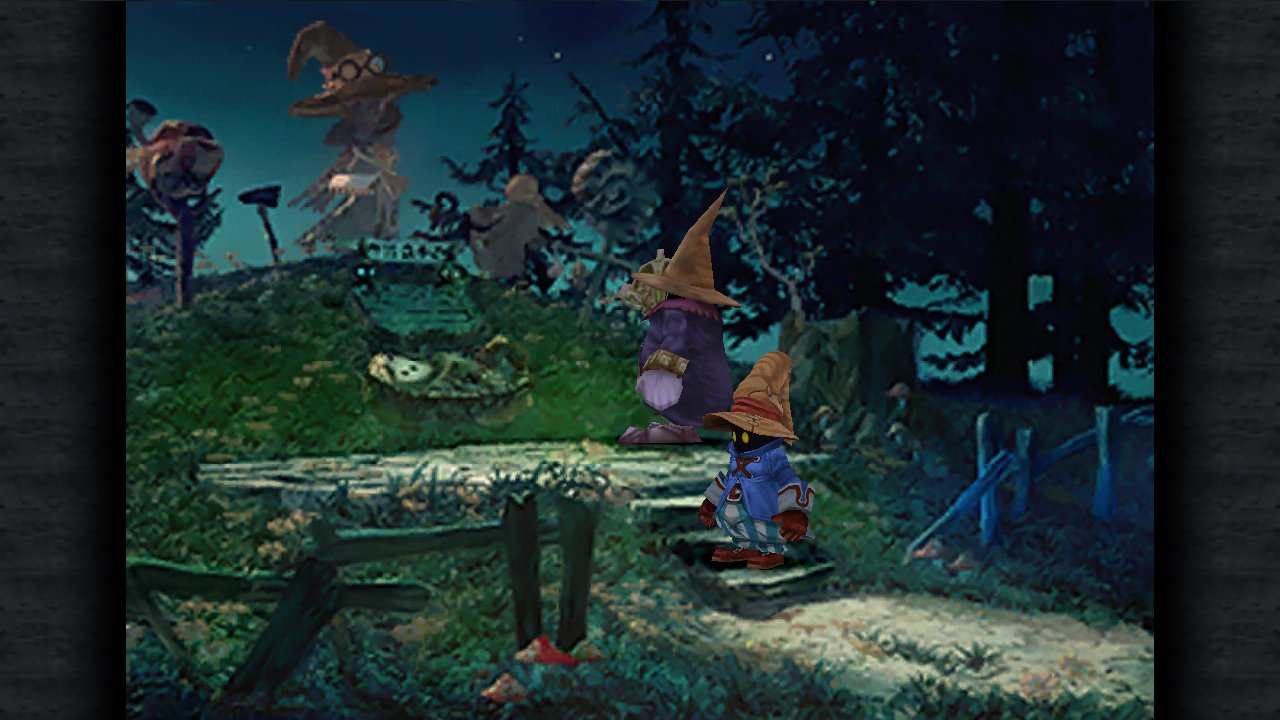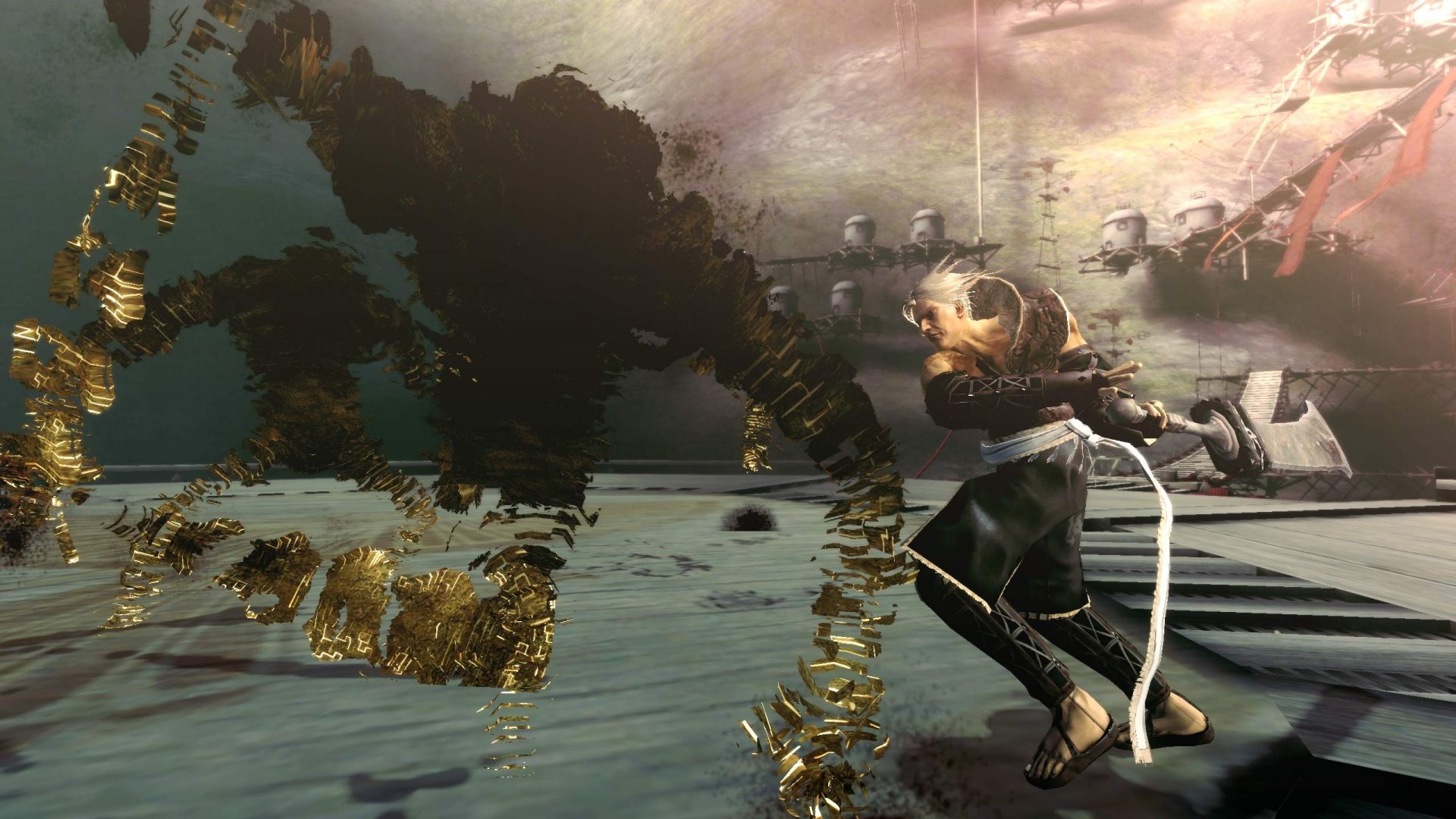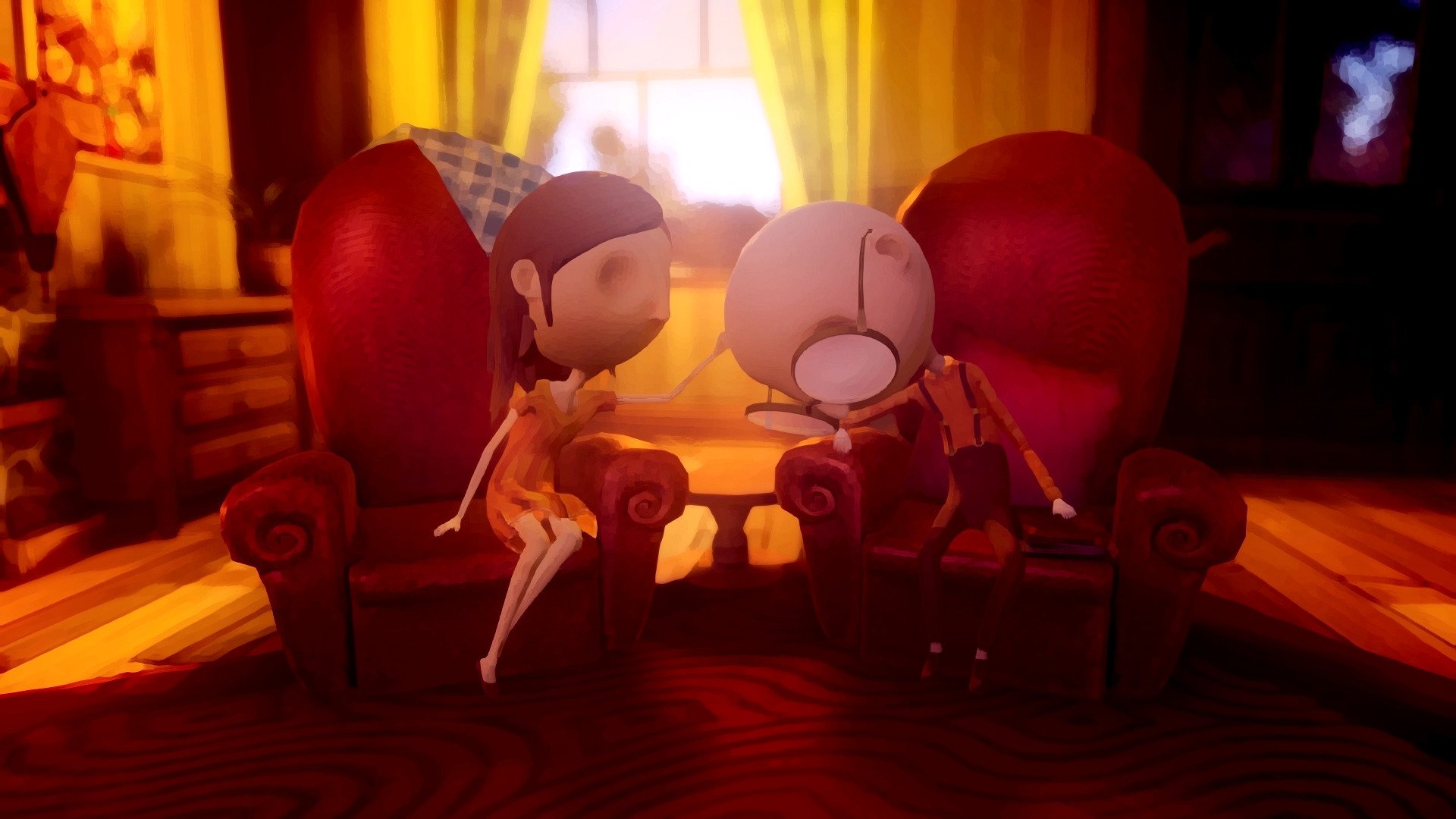Life, death, and morality aren’t new topics to be explored in any medium. Stories of all sorts have used these subjects as themes in their narratives, and even as lessons to learn, but they are increasingly becoming important in video games. NieR and its sequel, NieR:Automata, Last Day of June, Final Fantasy IX, and more focus on how to cope with death and how devastating the death of a loved one can be. I want to look at life, death, and morality in video games, and how lessons from these games can be applied to real life and those who may be grieving or anxious.
Being reminded that each and every one of us is mortal might not be the most pleasant thought in the world, but these video games do it in such a beautiful, natural way that reminds us to take time to be with our loved ones and to chase our dreams, even if you know that life can only end in death. These video games made me think about aspects of morality that I didn’t want to face, and what possibilities could lie after death—which is something I do believe in—and to spend my time alive better. Video games have always been a favorite pastime of mine, and that’s never going to change. As I got older I was amazed to see how powerful and inspiring their stories and characters can be, and just how much of a positive impact they have on my life.
Death is a natural and very human fear, even if it might not make the top of everyone’s list due to the understanding that it comes for everyone. It’s not something you personally see daily and therefore aren’t constantly reminded of it—unlike spiders, especially now the sun’s out—but it’s terrifying regardless. Games are often used as a coping mechanism, whether it’s something concerning you, a loved one, or maybe you’re just interested in exploring the emotions of others.
Be warned, spoilers ahead for Final Fantasy IX, NieR, and Last Day of June.
Final Fantasy IX has death as a central theme, with death—in the form of Necron—being the final boss, and Vivi Ornitier struggling to comprehend what death is, and, even more so, that he won’t even make it to his teenage years. Not realizing why his fellow Black Mages “stop,” it isn’t until much later in the game where many of them come together that Vivi realizes the truth—life is finite, and his is due to end much sooner than his friends’. It’s incredibly sad, but Vivi fights until the very end. The main cast of Final Fantasy IX couldn’t have saved the world without him. Vivi is my all-time favorite game character, and I’ve learned many life lessons from the boy whose memories became part of the sky.

The NieR games both focus on morality and what it means, and both come to the realization that despite the differences between people, animals, nature, etc., everyone is deeply similar in some ways. The first game shows that humans and Shades—perceived as the enemy—aren’t all that different. On a second playthrough, you’re shown things from the Shades’ side, and they also fear death and losing their loved ones. It’s very bittersweet, because the protagonist isn’t aware of this and only knows that they’ve hurt humans. The lack of being able to communicate drives these two sides to an unending war that neither side really want.

Last Day of June takes us to a place that nobody wants to be in, and it ends with a twist that shocked me. The protagonist’s wife has died in a car crash, and their relationship was a beautiful one, similar to the most loveliest of fairy tales. It ends with the truth being revealed in that June lived and her husband passed on, and the game was her coming to terms with the fact that she’s still alive and the survivor’s guilt she harbors. Last Day of June is a must-play indie game, and, even in knowing how it ends, it’s well worth playing. It’s heartfelt, bittersweet, and emotionally devastating, but its ultimate message is in acceptance.

There are many games that have delicately danced with death, and many of them are based on or inspired by personal experience. Video games are creative, inspiring, and they can be life-changing. It’s great to see so many games look at life, death, and morality, as well as what they mean, and what might be waiting for us after death. The video games community is powerful, and I, like many others, have forged unbreakable relationships with its help. This gaming community as well as the games are there for us during our most trying of times. Thank you to those who keep on creating and weaving these beautiful stories, even if they are so damn difficult.





